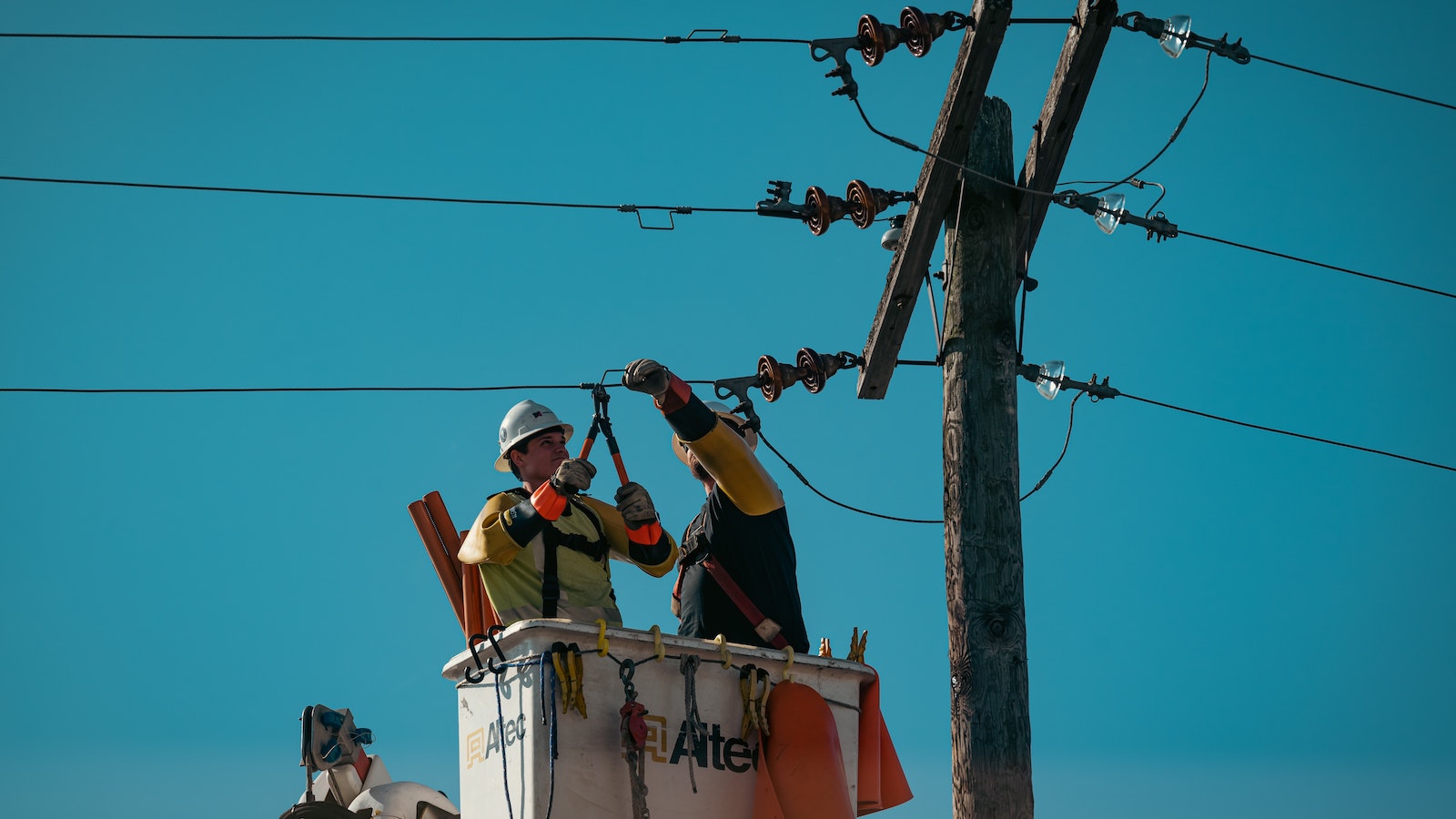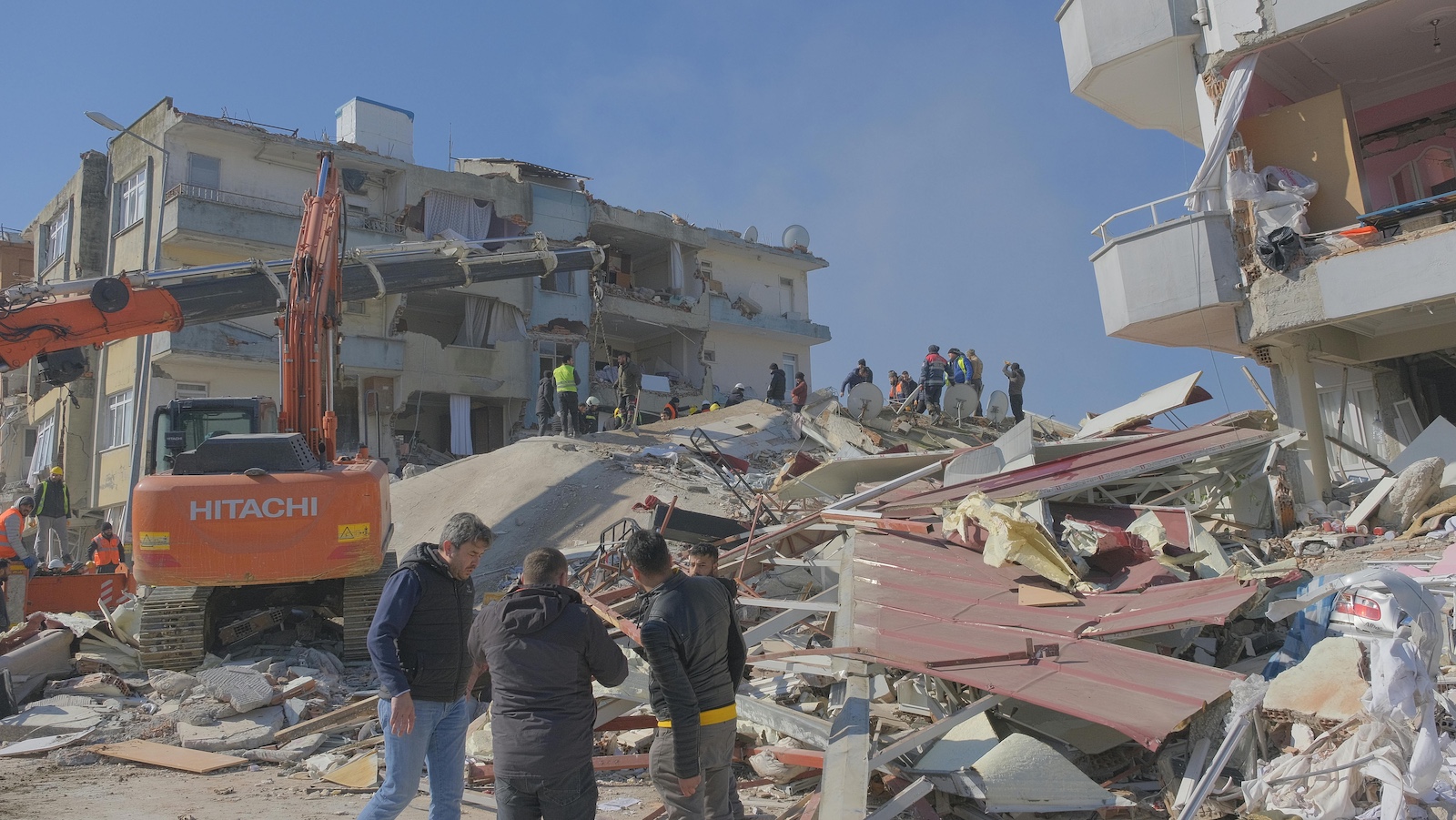Contingent business interruption (CBI) claims reached a new level over the past year, with the number of claims far in excess of recent years. The sharp increase exemplified the growing interdependence and complexity of corporate supply chains, which were hit by a combination of pandemic-related disruptions, extreme weather and, more recently, Russia’s invasion of Ukraine. The automotive industry alone saw several CBI events during this period.
In February 2021, the Texas Big Freeze in the U.S. caused massive disruption to infrastructure, with many companies forced into temporary shutdowns by widespread power outages. Record freezing temperatures caused by Winter Storm Uri had cascading effects on companies and services reliant on power, including water, transport and medical services. The event is estimated to have caused economic losses up to $155 billion, while Uri caused $15 billion in insured losses nationwide.
Less than a month later, a fire at a semiconductor plant in Japan added to the growing global shortage of microprocessors, sending a ripple effect through global supply chains, hitting production in the automotive and electronics industries. The automotive sector was again hit with supply chain problems from the conflict in Ukraine, with the country being an important supplier of parts.
Opaque and complex exposures
Global supply chains have created opaque and complex exposures in recent years, with many companies having been reliant on a small number of key suppliers for materials, parts and services. The connectivity of supply chains results in more CBI exposures and can have a substantial impact on various industries, sometimes in excess of $1 billion.
Fires, natural catastrophes, cyber-attacks and conflicts have added to existing strains on supply chains caused by the COVID-19 pandemic, with shutdowns at manufacturing plants and ports in China, delays to shipping and labor shortages. The Texas Big Freeze, in particular, led to a number of large CBI claims that AGCS was involved with, as companies took several months to ramp up production following initial power outages.
The number of claims from this event and the large loss in the semiconductor manufacturing sector more than tripled the number of CBI claims in the previous three years – overall CBI claims have increased in number year-on-year for the past five years.
The corporate world is now so connected and complex, businesses rely on each other for goods, services and infrastructure. Underwriters need to understand accumulations of exposures within corporate distribution and value chains, as well as the impact of disruption and actions taken to mitigate them.
See also: Top Causes of Business Insurance Loss
Average BI claim value rising
Costs associated with the impact of business interruption (BI) following the aftermath of a loss event can significantly add to the final bill from any incident. The average BI property insurance claim now totals in excess of €3.8 million based on analysis of 2,379 relevant insurance industry claims notified between Jan. 1, 2017 and Dec. 31, 2021. This is compared with €3.1 million over a previous five-year analysis period ending in 2017.
For large claims (>€5 million), the average property insurance claim that includes a BI component is more than double that of the average property damage claim. Many expect property and BI claims to become even more expensive in the future given the consequences of recent sharp increases in inflation around the world. The rising cost of rebuilds, repairs and labor, together with potential shortages of materials and longer delivery times and waiting periods, could all further inflate BI values.






